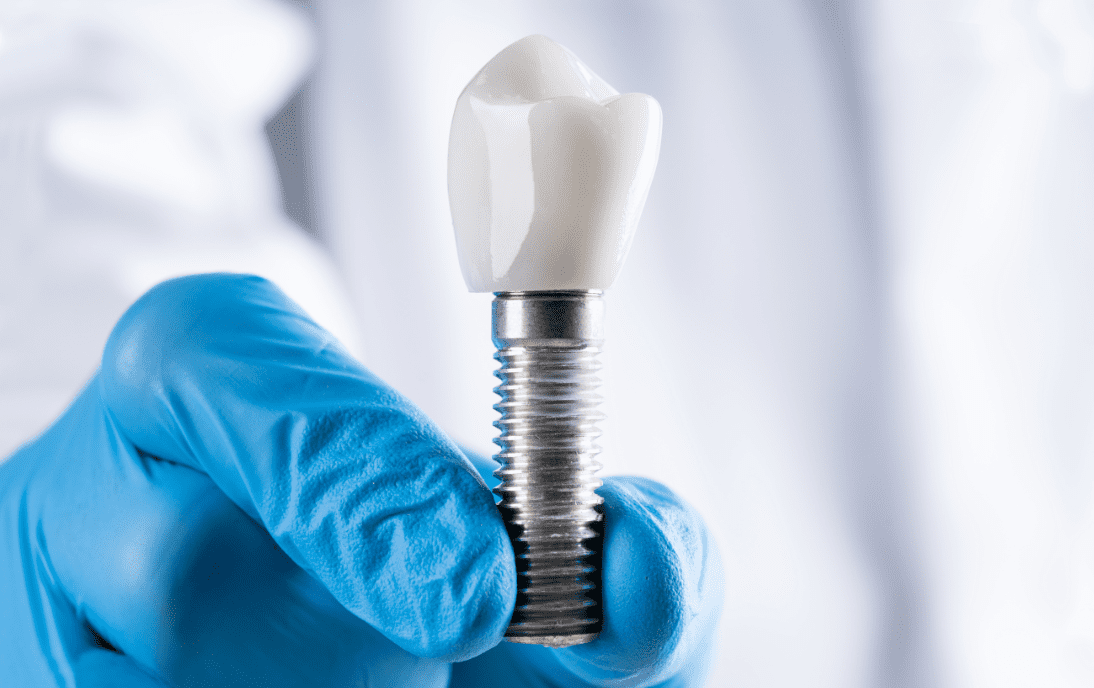Important facts about dental Implants
Dental implants are a popular and effective solution for replacing missing teeth. Here are some important facts about dental implants

Definition
Dental implants are artificial tooth roots that are surgically placed into the jawbone to support replacement teeth or bridges.

Materials:
The most common material used for dental implants is titanium. Titanium is biocompatible, meaning it can fuse with the bone, creating a stable and durable foundation for replacement teeth.

Osseointegration
The process by which the implant fuses with the jawbone is called osseointegration. It ensures stability and support for the replacement teeth.

Types of Implants
There are various types of dental implants, including endosteal implants (placed in the jawbone) and subperiosteal implants (placed on the jawbone). Endosteal implants are more common.

Components
A typical dental implant consists of the implant itself (screw-like structure), an abutment (connects the implant to the crown or bridge), and the crown or bridge that serves as the visible tooth replacement

Suitability
Dental implants are suitable for individuals with good oral health and sufficient bone density. However, not everyone is a candidate, and a thorough evaluation by a dentist or oral surgeon is necessary.

Procedure
The implantation process involves multiple stages, including a consultation, surgical placement of the implant, a healing period for osseointegration, and finally, the attachment of the abutment and placement of the crown or bridge.

Maintenance
Dental implants require regular oral hygiene practices, including brushing, flossing, and regular dental check-ups. Proper care helps prevent complications and ensures the longevity of the implant.

Success Rate
Dental implants have a high success rate, typically ranging from 95% to 98%. Success depends on factors like the patient's overall health, oral hygiene, and the skill of the dentist or oral surgeon.

Longevity
With proper care, dental implants can last a lifetime. Regular check-ups and good oral hygiene practices are crucial for maintaining the health of the implant.

Advantages
Dental implants offer several advantages, including improved appearance, speech, comfort, and the ability to eat a wide range of foods. They also help prevent bone loss in the jaw.

Cost Considerations
While dental implants can be more expensive upfront compared to other tooth replacement options, their longevity and benefits often make them a cost-effective choice over time.
BOOK AN APPOINTMENT
Fix your suitable Implant
